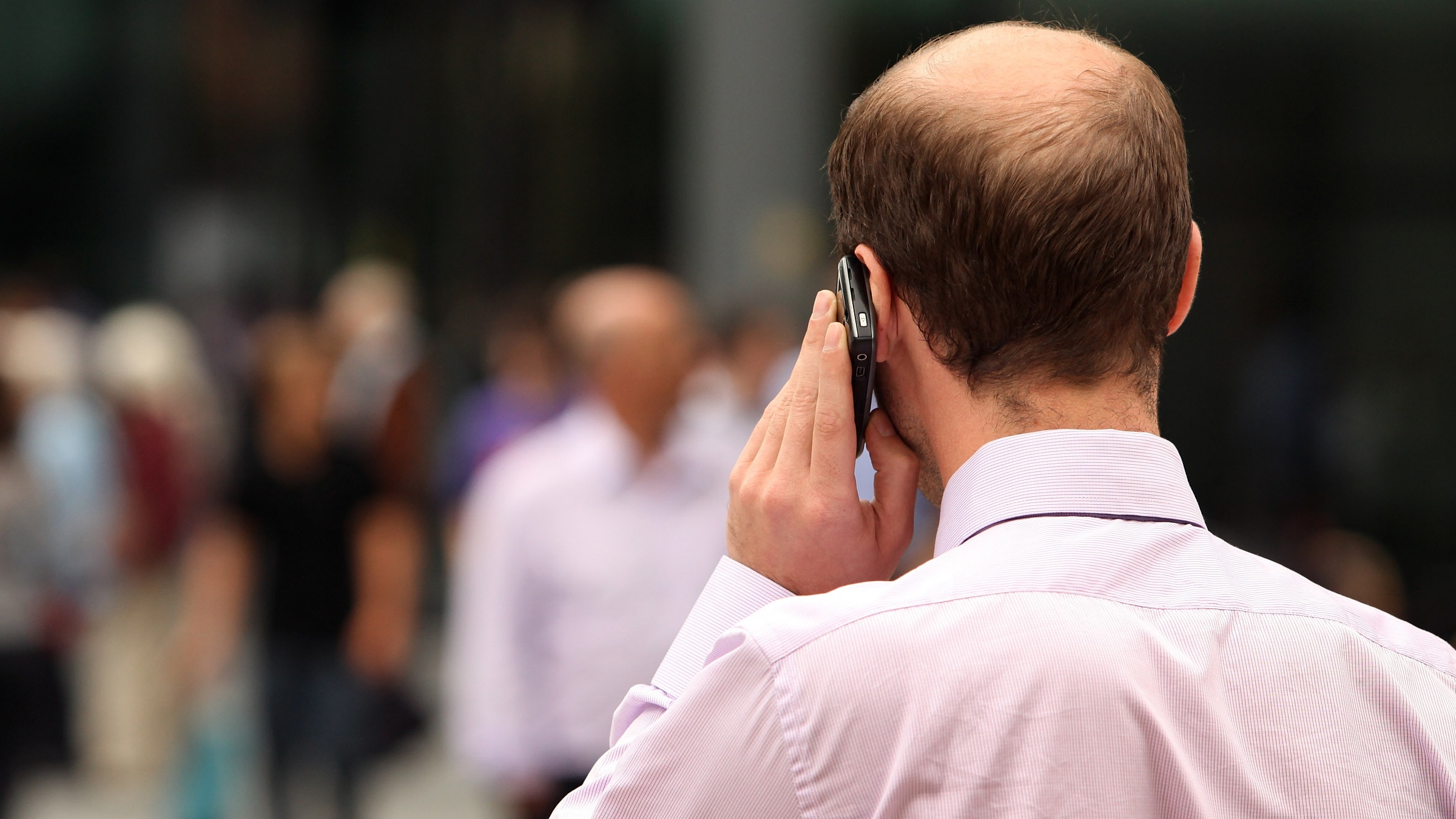Fact check: behind the 5G conspiracy theories
Scientists dismiss any link between mobile technology and coronavirus pandemic

A free daily email with the biggest news stories of the day – and the best features from TheWeek.com
You are now subscribed
Your newsletter sign-up was successful
Fires at mobile phone masts are being investigated amid conspiracy theories claiming a link between 5G and coronavirus.
There have been mast fires in Birmingham, Liverpool and Melling in Merseyside, while The Guardian reports that telecoms engineers have also faced verbal and physical threats.
The Department for Digital, Culture, Media and Sport said on Twitter: “There is absolutely no credible evidence of a link between 5G and coronavirus”, while Cabinet Office minister Michael Gove added that it was “dangerous nonsense”.
The Week
Escape your echo chamber. Get the facts behind the news, plus analysis from multiple perspectives.

Sign up for The Week's Free Newsletters
From our morning news briefing to a weekly Good News Newsletter, get the best of The Week delivered directly to your inbox.
From our morning news briefing to a weekly Good News Newsletter, get the best of The Week delivered directly to your inbox.
Is there any link between 5G and Covid-19?
No, there is absolutely no link whatsoever between the mobile technology and the virus causing a global health pandemic.
The BBC reports that scientists say the idea of a connection between Covid-19 and 5G is “complete rubbish” and biologically impossible.
Dr Simon Clarke, associate professor in cellular microbiology at the University of Reading, told the broadcaster: “The idea that 5G lowers your immune system doesn’t stand up to scrutiny. Your immune system can be dipped by all sorts of things – by being tired one day, or not having a good diet. Those fluctuations aren’t huge but can make you more susceptible to catching viruses.”
A free daily email with the biggest news stories of the day – and the best features from TheWeek.com
Adam Finn, professor of paediatrics at the University of Bristol, added: “The present epidemic is caused by a virus that is passed from one infected person to another. We know this is true.
“We even have the virus growing in our lab, obtained from a person with the illness. Viruses and electromagnetic waves that make mobile phones and internet connections work are different things. As different as chalk and cheese.”
Coronavirus is spreading just as quickly in cities, and even countries, which are yet to roll out 5G technology. Iran, for example, has the sixth highest number of coronavirus deaths of any country in the world and is digging mass graves due to the extent of the problem. The country does not use 5G technology.
As fact-checking organisation Full Fact notes, one origin of the conspiracy, a Daily Star article headlined “Fears 5G wifi networks could be acting as ‘accelerator’ for disease”, quotes not a scientist but an “activist and philosophy lecturer at the Isle of Wight College”.
The Daily Star article links to a 2011 research paper which suggested that bacteria may produce electromagnetic signals to communicate with other bacteria. Full Fact adds that this hypothesis is not only heavily disputed, it also refers to bacteria when Covid-19 is caused by a virus.
Fabien Heliot, a researcher from the University of Surrey who specialises in electromagnetic exposure in wireless communication, told the AFP fact-checking team: “5G, like previous generations of cellular communication systems, is a RF-based (radiofrequency) technology that uses electromagnetic (EM) waveform to transmit information; EM-waveforms are themselves non-ionizing radiations.
“The main and only difference so far is… that 5G can transmit more data by using larger frequency bandwidth at higher carrier frequency, and directivity of antennas at the base station.”
Heliot added that a virus cannot be created from radiation and that “actually it is the other way round, [with] guidelines put in place to ensure that radiation does not harm living things”.
What about beyond coronavirus?
A study by the International Commission on Non-Ionizing Radiation Protection (ICNIRP) earlier this year concluded that there was no evidence that mobile networks cause cancer or other illnesses.
The International Agency for Research on Cancer (IARC) has classified all radio frequency radiation (of which mobile signals are a part) as “possibly carcinogenic”, the BBC reports.
However, eating pickled vegetables and using talcum powder were classed in the same risk category.
–––––––––––––––––––––––––––––––For a round-up of the most important stories from around the world - and a concise, refreshing and balanced take on the week’s news agenda - try The Week magazine. Start your trial subscription today –––––––––––––––––––––––––––––––
So what should you do to combat the conspiracy?
First and foremost, do not share fake information suggesting any link between the coronavirus and 5G.
The BBC has put together a guide on avoiding fake news during the coronavirus pandemic.

The Guardian adds that British broadcasters have also been warned that they will face sanctions from the media regulator if they give airtime to false health advice about coronavirus.